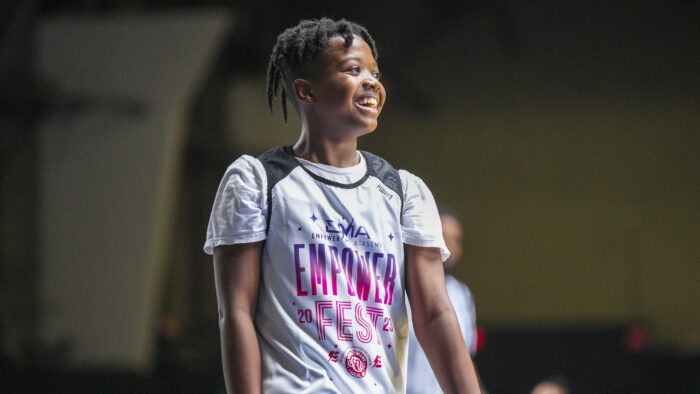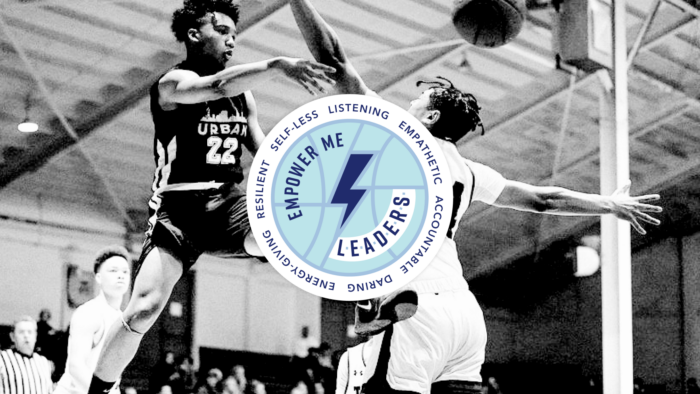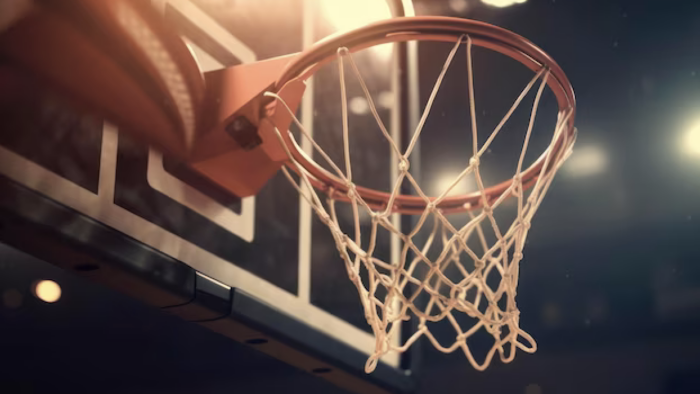For many student-athletes, sports, and competition go hand-in-hand. Whether or not they enjoy practicing and improving for its own sake, competitive leagues often prioritize performance over other important elements like camaraderie, fun, teamwork & mental health.
Toxic competition can push students to develop an unhealthy relationship with the sports they participate in.
According to the National Alliance for Youth Sport, around 70% of children quit playing sports by age 13 and most of the reasons boil down to one thing – the child does not find the sport fun anymore.
The approaches that athletes take into competition in their youth are likely to follow them throughout the rest of their lives.
It is essential that they begin developing healthy habits for dealing with competition early on.
We would like to share some of the things that we incorporate in EMA’s sessions every day and would like parents and caregivers to be aware of to develop a healthy relationship with competition:
1. Dealing with loss
For those playing any type of sport, loss is a part of the game.
Everyone fails, and learning how to deal with losses & mistakes in sports is an essential skill that will help them later in life.
When something goes wrong on the court, it can be easy to get rattled, especially if it is a situation that you haven’t been in before.
Building a resilient and flexible attitude for dealing with setbacks is essential for developing leadership ability both in the present and in the future.
2. Growth mindset
Growth and loss go hand in hand in sports. While everyone loves to excel,
Challenges are often what spur the most change and improvement.
It is critical to stop and step back to look at a student’s journey as a whole, rather than only seeing the obstacle in front of them. Reflect on all the improvements they’ve made since day one.
Although this can be challenging at first, learning to embrace difficult situations with an optimistic attitude can help athletes progress faster and enjoy the process.
3. Environment
The most fundamental part of building a good mindset in sports comes down to the culture of the team that students play for.
To participate in competitive leagues, they have to spend a lot of time practicing and playing with the other athletes on the team.
The environment that is created by both the coaches & players that you are involved with each day often has a larger impact on their mental health
and approach toward competition than anything off the court.
So, parents, start a conversation if you believe it’s been hard for your kid to develop this kind of mindset. Sports are meant to be a fun and safe environment.
If you believe they’re not feeling this way, talk about it. Some adjustments while it’s time may have a lifelong impact on students.
In Conclusion
Mindset is the centerpiece of all sports, and while a good relationship with competition can push students to grow and improve, finding the right environment for young athletes to learn in is critical to helping them cultivate a positive outlook in the future.
While parents can play a role in helping guide their children towards a healthy perspective on sports, it is even more important to make sure that students are in the right team setting, where they will be both supported and motivated to improve along the way.





 Gift Now
Gift Now